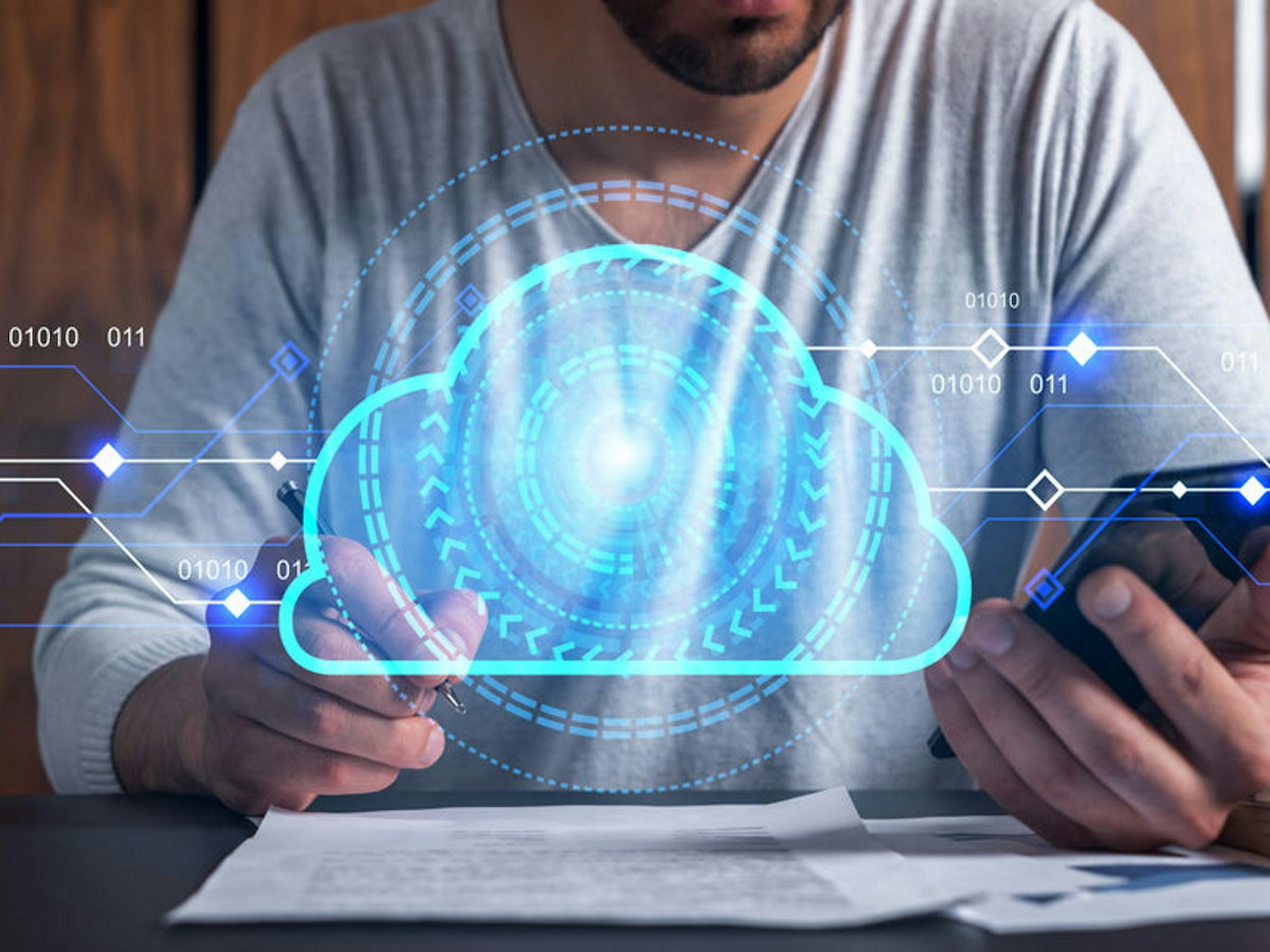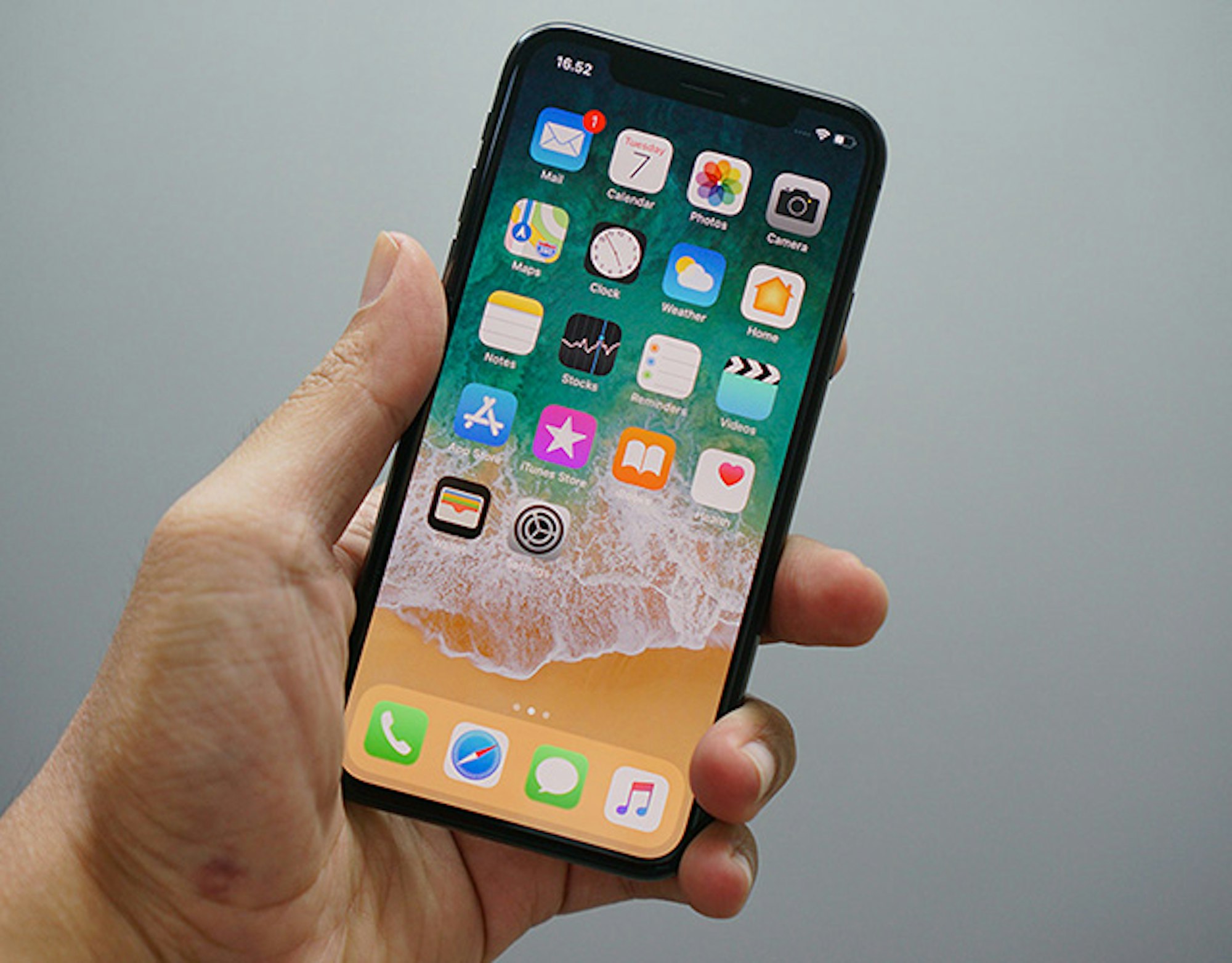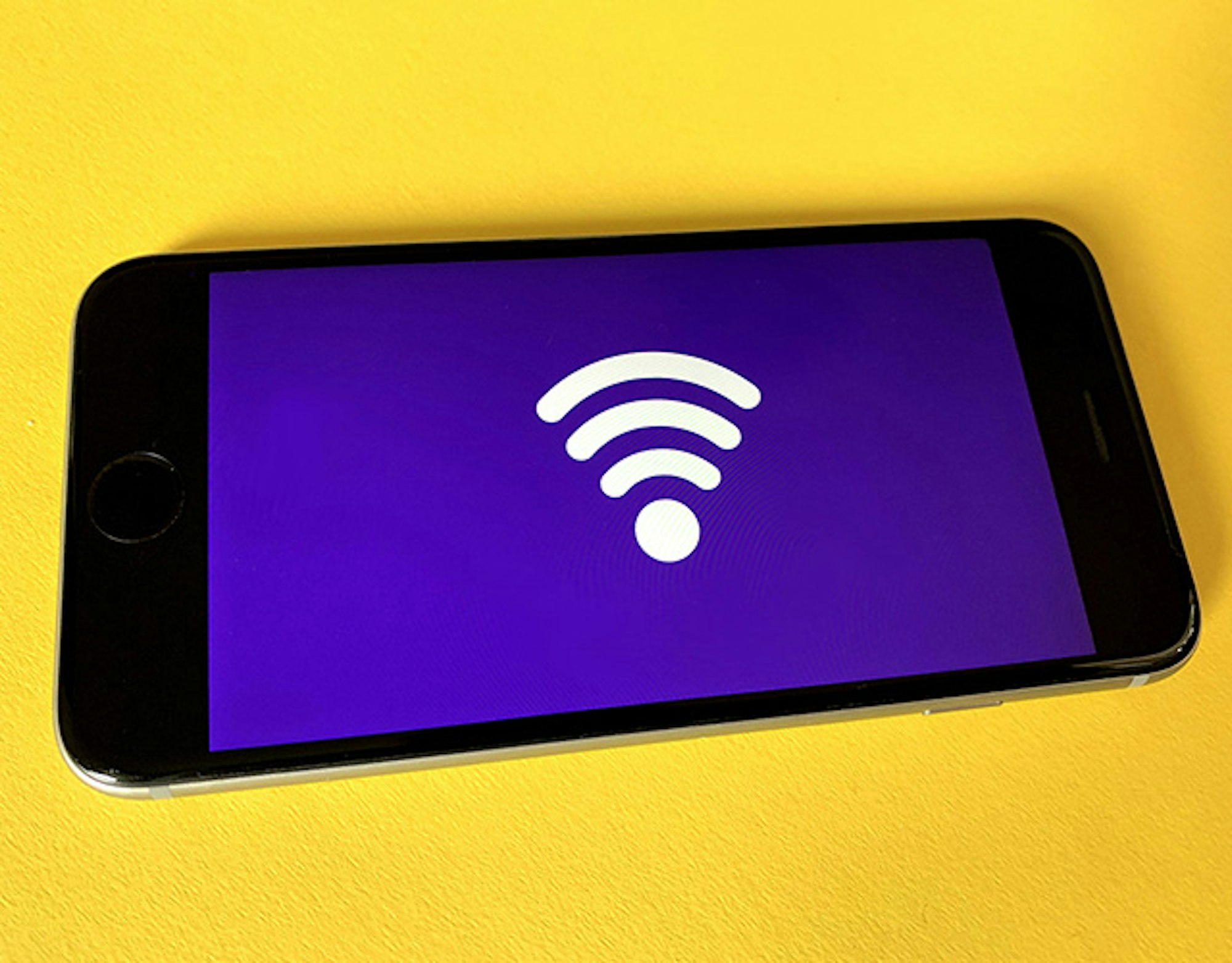How To Fix A Hacked iCloud Account

Published:

These days, even the most casual tech user probably stores their data in the cloud. The advantages are clear: all of your data is safe in one place and accessible from any of your devices, wherever you are in the world. All without using up any precious storage space on the device itself.
Apple’s cloud storage service, iCloud, allows you to save your photos, text messages, calendar, contacts, notes, and more, making them instantly available to access online. iCloud will even automatically back up your entire iOS device, so if you lose it or get a new one you can easily restore all the data.
Unfortunately, the flip side of all this convenience is that we all now have vast amounts of personal data stored online, making it vulnerable to hackers. There are now even publicly available services that allow a third party to extract this data and use it to spy on you. In this article, we’ll explain how they work and how you can protect yourself against them.
Keep hackers out.
Download Certo Mobile Security for free and help protect your iPhone and iCloud account from hackers now.
How Does iCloud Hacking Work?
Many iPhone spyware providers, such as mSpy, Mobistealth, and Highster Mobile, now offer an iCloud solution alongside their conventional spyware apps. These solutions work by accessing the victim’s iCloud account and extracting data that has been synced from their iPhone.
Unlike conventional iPhone spyware apps that are installed onto the device, iCloud solutions access the data online via the victim’s iCloud account and do not usually require the hacker to have physical access to the device. As such, they are often advertised as “Remote” or “Non-Jailbreak” spyware solutions.
To use this solution, the hacker would need to know their victim’s Apple ID and password. If two-factor authentication is enabled for the account, they would also need physical access to the victim’s iPhone or another of their devices when setting things up.

What Data Can Be Accessed?
Prices for this service start from as little as $15 per month and the data extracted from the victim’s iCloud account is all made available to the hacker via a handy web portal. iCloud data can typically include:
- iMessages
- Contacts
- Calendar
- Photos and videos
- Notes
- GPS location in real-time
- Emails, if you have an @icloud.com email address
However, it’s worth pointing out that the amount of data available to the hacker using this method is not as much as with traditional spyware. For example, keylogging and the ability to turn on the camera/microphone would require spyware to be installed onto the device itself.
Am I Vulnerable to iCloud Hacking?
In order for a hacker to successfully use iCloud spyware without ever touching the victim’s device, three important criteria must all be met. These are:
- The hacker must know (or have found out) the victim’s Apple ID and password. This is how the service gains access to the victim’s iCloud account.
- Two-factor authentication must not be enabled on the victim’s account. This is an extra layer of security that makes it more difficult for hackers to access someone else’s iCloud account.
- The victim’s device must be set up to sync data to iCloud. This means that the account holds data from the phone.
If the victim’s device is not configured accordingly, the hacker will need physical access in order to make the necessary changes.

Signs That Your iCloud Account Has Been Hacked
Unfortunately, detecting iCloud spyware can be quite difficult. Firstly, as all data is accessed online and nothing is installed on the iPhone, it’s not possible to identify it by examining the device itself.
Furthermore, unlike other tech giants such as Google, Apple does not make full access logs for iCloud available to their customers, so spotting unauthorized access online is also tricky.
However, there are a few warning signs to look out for.
Your Apple ID password doesn’t work any more
If you try logging into your iCloud account and your password isn’t working, it could be a sign that your Apple ID has been hacked. Of course, a failed password could be due to a simple mistake like having Caps Lock enabled. But if this isn’t the issue, it could be that a hacker has gained access and changed your password.
Your Apple device is locked or in Lost Mode
Lost Mode can be activated from your iCloud account, and it’s designed to protect your personal information if you lose your phone (or if it is stolen). However, sometimes hackers put your device in Lost Mode once they have gained access to your iCloud account.
This will stop you from using the phone, whilst enabling the hacker to track your whereabouts whenever the phone is with you. It will also disable your access to Apple Pay.
Unrecognized files in your iCloud account
Hackers don’t always revoke your access to your account, meaning you could both be using it at the same time. This is why you should be vigilant for any unfamiliar photos, apps, messages, or files that appear in your iCloud account, or even on your phone itself.
Unfamiliar login notification from Apple
If someone uses your Apple ID to sign into your account from a new device, Apple will send you an email so that you can confirm whether it was you.
If you don’t recognize the login, you’ll be directed to the Apple ID login page to change your password immediately.
How to Fix a Hacked iCloud Account
There are a few things you can do to lock hackers out of your iCloud account if you think it’s been compromised:
1. Change your Apple ID password
Change your password as soon as possible to stop any unauthorized access to your account. It is also good practice to change your password every couple of months.
Do not use the same password that you use for other services and don’t share your account details with anyone else. Learn how to change your Apple ID password with these instructions.
2. Turn on two-factor authentication for your Apple ID
If you haven’t already enabled this feature, we recommend doing so. Two-factor authentication (2FA) helps to ensure that you’re the only person who can access your account, even if someone knows your password. Read these instructions to learn how to enable 2FA.
3. Disable iCloud sync on your device
This means that data from your device will no longer be stored online and cannot be accessed by hackers.To do this on your iPhone, go to Settings > YourName > iCloud and then turn off anything that you do not want to sync with iCloud.
Once syncing is disabled, be sure to back up your phone to your computer using iTunes or Finder instead.
4. Use Advanced Data Protection
In iOS 16, Apple added the option to encrypt your data stored in iCloud. This means that it can only ever be accessed by one of your trusted Apple devices. Learn how to turn on Advanced Data Protection.
Key Takeaways
iCloud hacking does not require the hacker to have physical access to the target’s device, which makes it particularly concerning. However, the risk of falling victim to this type of attack can be greatly reduced with a few simple security measures.
- Use strong passwords with a combination of uppercase and lowercase letters, numbers, and special symbols. Don’t create passwords that could be easily guessed, and don’t share them with anyone — including family members and friends.
- Enable two-factor authentication for your Apple ID. This makes it much more difficult for hackers to steal your data.
- Install Certo Mobile Security. Analyze your phone for signs of hacking, and scan for security vulnerabilities that could be putting your data at risk.
Free mobile security for all
Download the award-winning Certo Mobile Security and help protect your device from cyber-attacks today.
Frequently asked questions (FAQs)
Is iCloud safe from hackers?
Yes, if set up correctly iCloud is very secure. Make sure your Apple ID password is unique and not easily guessable to ensure optimal security. Also, enable two-factor authentication with your account to stay protected even if a hacker works out your password.
How can I prevent iCloud hacking?
The three most important things you can do to protect your Apple account from hacking are:
- Ensuring two-factor authentication is enabled with your Apple ID.
- Using a strong, unique password for your account.
- Enabling Advanced Data Protection in your iCloud settings.
Is iCloud encrypted?
With the release of iOS 16, Apple added end-to-end encryption for data stored in iCloud. This includes device backups, messages, photos, notes, reminders, and more. To turn on this optional feature:
- Open the Settings app.
- Tap your name, then tap iCloud.
- Tap Advanced Data Protection.
- Tap Turn On Advanced Data Protection.
- Enter the passwords for your Apple devices to activate the feature.
Is it safe to store passwords in iCloud?
Yes, anything stored in the iCloud Keychain is fully encrypted and cannot be accessed from another device unless the account holder approves it. This makes iCloud a secure place to store your passwords.